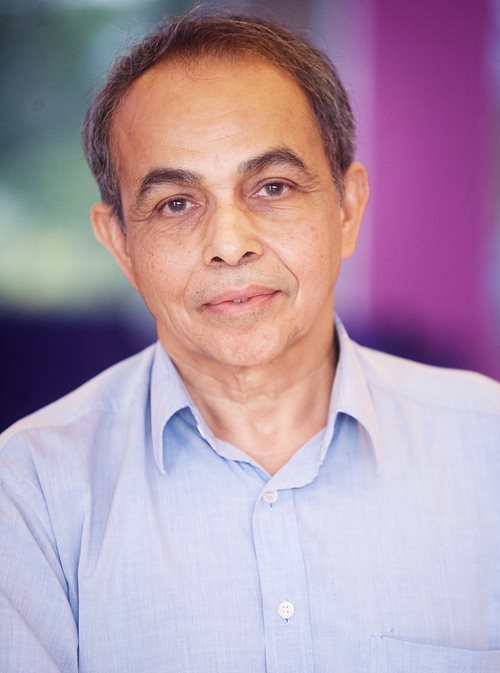
Pioneering Spirit in Chemical Engineering
Professor Dr Ir Mohd Ali Hashim combines leadership in academia and a central role in the shaping of Malaysia’s research policies in a unique career that has spanned a full four decades.
He is the senior-most Professor of Chemical Engineering in Malaysia, holds prestigious titles such as Fellow of IChemE UK and the first Country Chairman. In 2006. A recipient of the National Science Award in 2001, he is actively involved in mentoring young scientists and training professionals in areas like environmental impact assessment and water treatment.
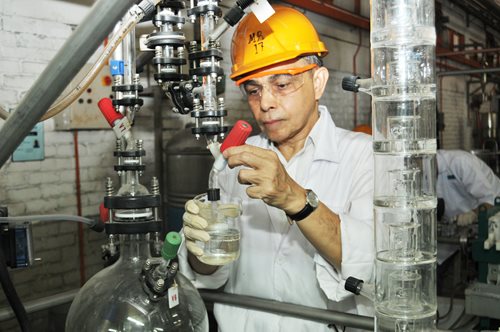
He has over 200 research articles and filed over 20 patents, contributing significantly to separation processes and green technology research. His leadership extends to various boards and committees, reflecting his commitment to academic excellence and innovation.
Professor Ali has published more than 200 research articles in refereed international journals, including 173 ISI publications with an ISI h-index of 28 with a total citation of 2,458 and has filed over 20 patents, putting Malaysia on the map of separation processes and green technology research.
Professor Ali’s pursuit of excellence in the research of separation processes, water and wastewater treatment and his instrumental role in setting up the UM Centre for Ionic Liquids, is a reflection of his innovation and the pioneering Spirit of Independence.

Charting new waters at home
Born in Kedah, in 1950, Professor Ali graduated with a BSc (Hons) in Chemical Engineering from the University of Aston, United Kingdom in 1975, followed by an MSc in Biological Engineering and a PhD in Chemical Engineering from the University of Birmingham in 1979.
His return to Malaysia marked the beginning of his research in water and wastewater treatment upon being appointed as a lecturer at the University of Malaya (UM). He was driven by the need to address water pollution and its implications for industries like palm oil, which was a very relevant problem during those early years.
He has also trained a large number of professional engineers, policymakers and researchers through specialised courses on topics such as environmental impact assessment, quantified risk analysis, water treatment, wastewater treatment, water recycling and reuse.
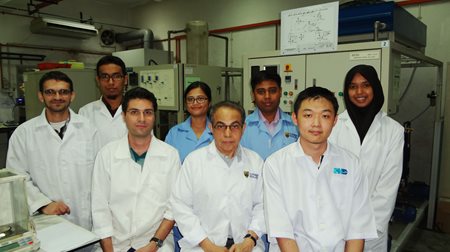
Pioneering research in Colloidal gas Aphrons (CGAs) and adsorption
During the 1980s and 1990s, Professor Ali's groundbreaking work in Colloidal Gas Aphrons (CGAs) and adsorption transformed Malaysia into a centre of excellence in this field.
His research on CGAs, stable microbubbles, proved instrumental in efficiently clarifying suspensions such as palm oil fibers, emulsified oil, cellulose fibers, and fine cells from various industrial effluents.
These works involving fundamental and mechanistic studies not only received high accolades but they also generated research publications that are of significance to the scientific community to date.
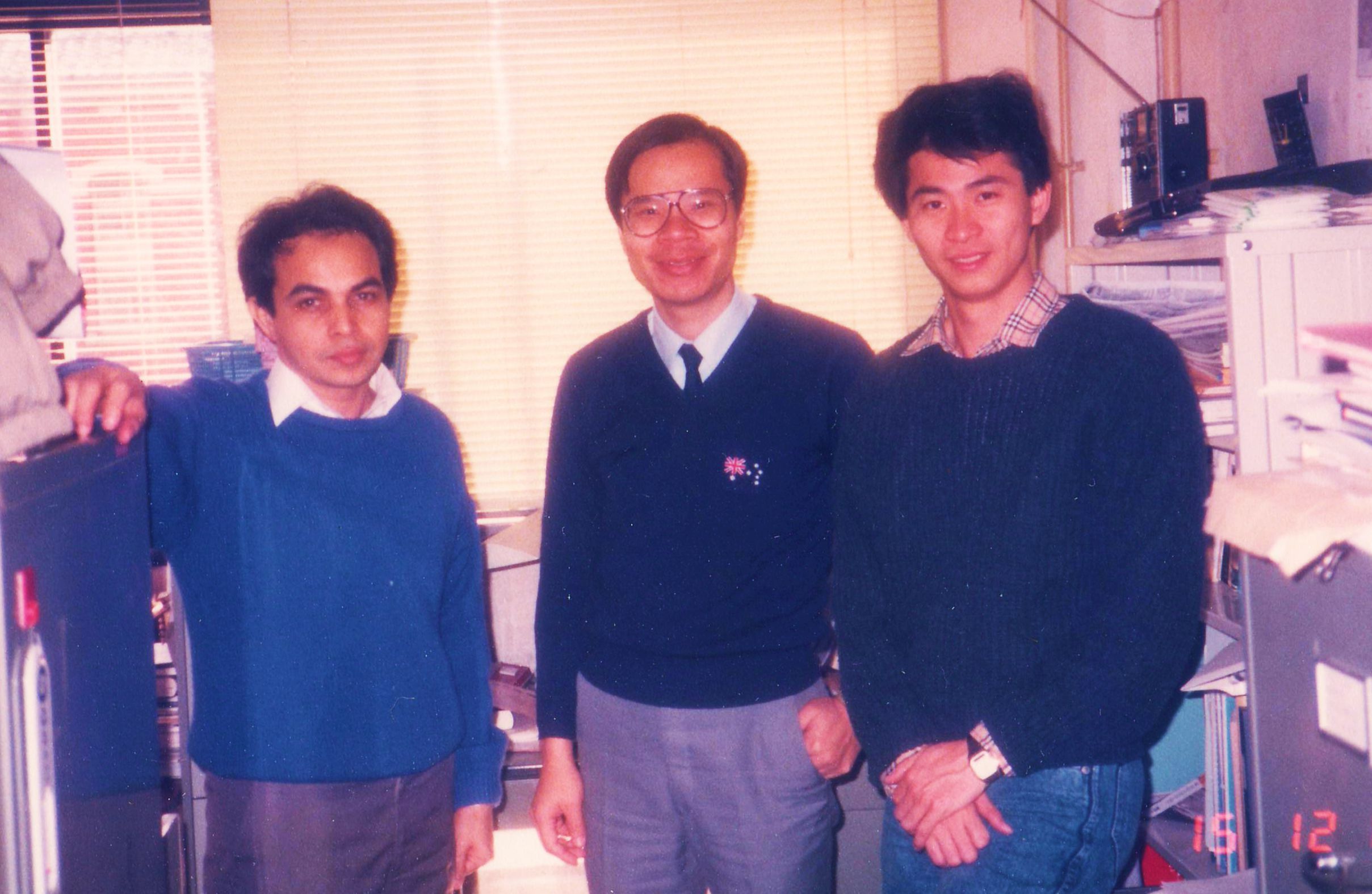
Leadership in green technology and ionic liquids
Upon returning to academia, Professor Ali established the University of Malaya Centre for Ionic Liquids (UMCiL), focusing on green technology.
His work on ionic liquids (ILs) and Deep Eutectic Solvents (DESs) holds significance in various industries, including petroleum refining, biodiesel production, palm oil refining, and energy applications. International collaborations and innovative projects, such as groundwater treatment technologies, showcase his commitment to sustainable solutions.
As the Chairman of the pre-High Impact Research (HIR) Committee, he played a pivotal role in managing substantial research funding, contributing to UM's improved global ranking. Professor Ali's illustrious career, marked by awards, fellowships, and publications, exemplifies the Spirit of Independence in advancing Chemical Engineering research in Malaysia.
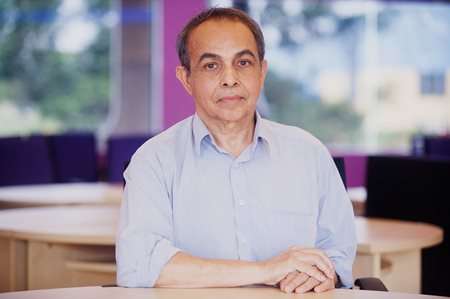
Disclaimer:
The information in this award recipient's profile is accurate to the best of our knowledge as of the time the award was presented. Any subsequent changes, updates, or developments in the individual's life or achievements may not be reflected in this profile.